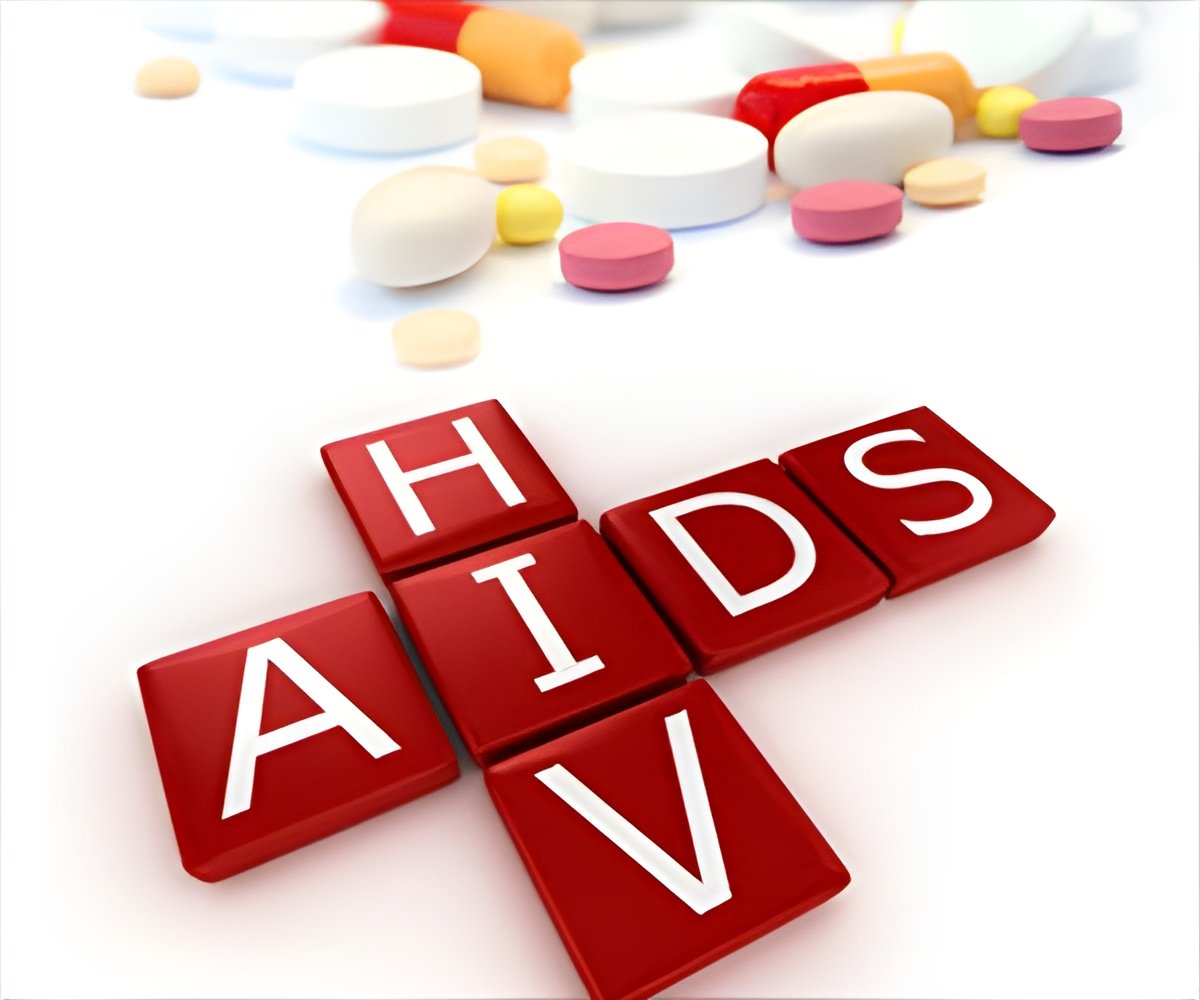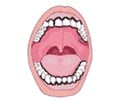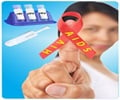A new clinical trial using simplified dosing reduced the treatment gap reduced and can quickly scale up children’s access to treatment globally.

TOP INSIGHT
Dolutegravir-based regimens reduced the chances of HIV treatment failure among young people by around 40% compared to standard treatments.
Professor Diana Gibb (MRC Clinical Trials Unit at UCL), the principal investigator of the ODYSSEY trial and one of the senior authors of the paper, said: “Our findings provide strong evidence for the global roll-out of dolutegravir for children with HIV”.
Medical treatments for children often lag woefully behind those of adults because of the separate formulations and studies that are needed.
About 1.8 million children live with HIV but they have had limited treatment options, with medicines that taste unpalatable, that need to be taken twice a day, or that come in large pills that are difficult to swallow. Dolutegravir is given in small tablets usually once a day and the baby pills can be dispersed in water, meaning it’s a lot easier for young children to take.
Dolutegravir is an integrase inhibitor that suppresses HIV by inhibiting integrase, an enzyme that the virus needs to replicate.
In the study, researchers found that 14% of children receiving dolutegravir experienced treatment failure over two years compared to 22% of children receiving standard treatment.
Evidence from adults shows dolutegravir has a high genetic barrier to resistance, meaning viruses are less likely to become resistant to it over time. This was replicated in the ODYSSEY trial, with much less resistance occurring among children and adolescents on dolutegravir-based treatment.
The new findings were reassuring for children, with that given dolutegravir gaining 1kg more and growing 1cm higher over two years – both indicating better growth rather than abnormal weight gain.
Children in the dolutegravir arm had better lipid profiles, meaning a lower risk of cardiovascular disease in the long term.
In the main trial, the children all weighed over 14kg and most were aged six and over. The therapy’s effectiveness was also looked at among young children and babies weighing under 14kg, enrolled as a separate group in the trial; results are yet to be published.
The trial participants were enrolled in Uganda, Zimbabwe, South Africa, Thailand, the UK, Spain, Portugal, and Germany. Most of the participants were based in sub-Saharan Africa, where most children living with HIV are.
Earlier findings from the ODYSSEY trial showed that children weighing 20kg or more could safely take adult-strength tablets of dolutegravir, informing WHO dosing guidance and contributing to new licenses for the drug in the United States and Europe during 2020.
Simplifying the dosing is crucial. Older children being able to take the same tablets as adults immediately open access to dolutegravir for the majority of children living with HIV. It greatly simplifies procurement for national health systems in low and middle-income countries and lowers costs.
Source-Medindia
 MEDINDIA
MEDINDIA




 Email
Email









